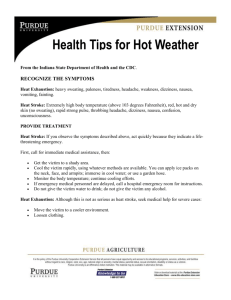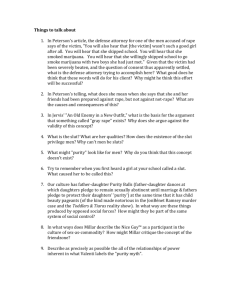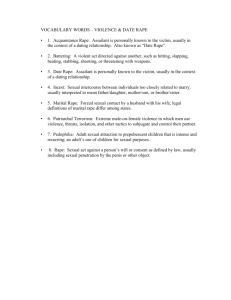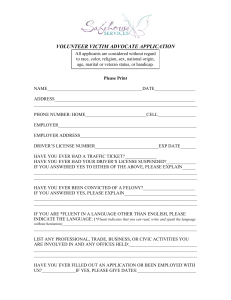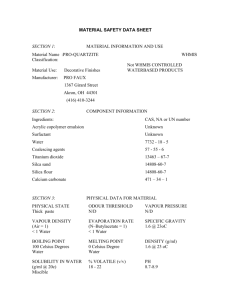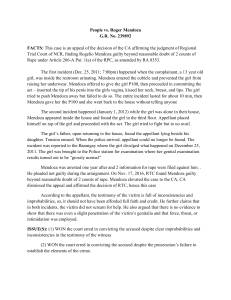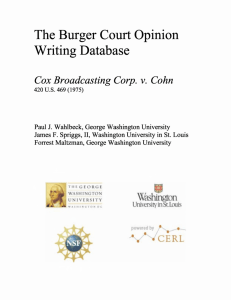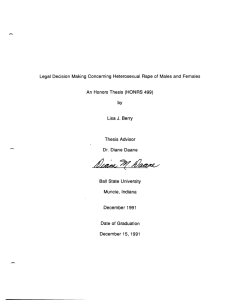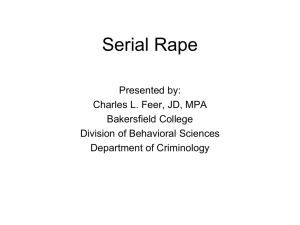Cox vs Cohn Case Brief
advertisement
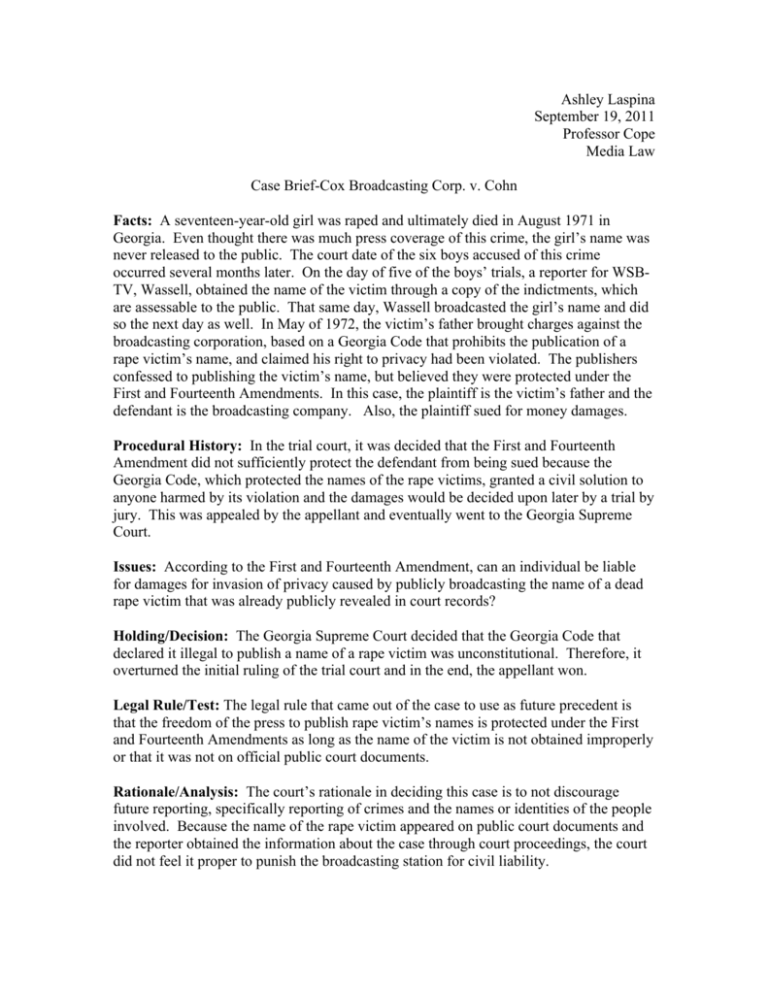
Ashley Laspina September 19, 2011 Professor Cope Media Law Case Brief-Cox Broadcasting Corp. v. Cohn Facts: A seventeen-year-old girl was raped and ultimately died in August 1971 in Georgia. Even thought there was much press coverage of this crime, the girl’s name was never released to the public. The court date of the six boys accused of this crime occurred several months later. On the day of five of the boys’ trials, a reporter for WSBTV, Wassell, obtained the name of the victim through a copy of the indictments, which are assessable to the public. That same day, Wassell broadcasted the girl’s name and did so the next day as well. In May of 1972, the victim’s father brought charges against the broadcasting corporation, based on a Georgia Code that prohibits the publication of a rape victim’s name, and claimed his right to privacy had been violated. The publishers confessed to publishing the victim’s name, but believed they were protected under the First and Fourteenth Amendments. In this case, the plaintiff is the victim’s father and the defendant is the broadcasting company. Also, the plaintiff sued for money damages. Procedural History: In the trial court, it was decided that the First and Fourteenth Amendment did not sufficiently protect the defendant from being sued because the Georgia Code, which protected the names of the rape victims, granted a civil solution to anyone harmed by its violation and the damages would be decided upon later by a trial by jury. This was appealed by the appellant and eventually went to the Georgia Supreme Court. Issues: According to the First and Fourteenth Amendment, can an individual be liable for damages for invasion of privacy caused by publicly broadcasting the name of a dead rape victim that was already publicly revealed in court records? Holding/Decision: The Georgia Supreme Court decided that the Georgia Code that declared it illegal to publish a name of a rape victim was unconstitutional. Therefore, it overturned the initial ruling of the trial court and in the end, the appellant won. Legal Rule/Test: The legal rule that came out of the case to use as future precedent is that the freedom of the press to publish rape victim’s names is protected under the First and Fourteenth Amendments as long as the name of the victim is not obtained improperly or that it was not on official public court documents. Rationale/Analysis: The court’s rationale in deciding this case is to not discourage future reporting, specifically reporting of crimes and the names or identities of the people involved. Because the name of the rape victim appeared on public court documents and the reporter obtained the information about the case through court proceedings, the court did not feel it proper to punish the broadcasting station for civil liability.

